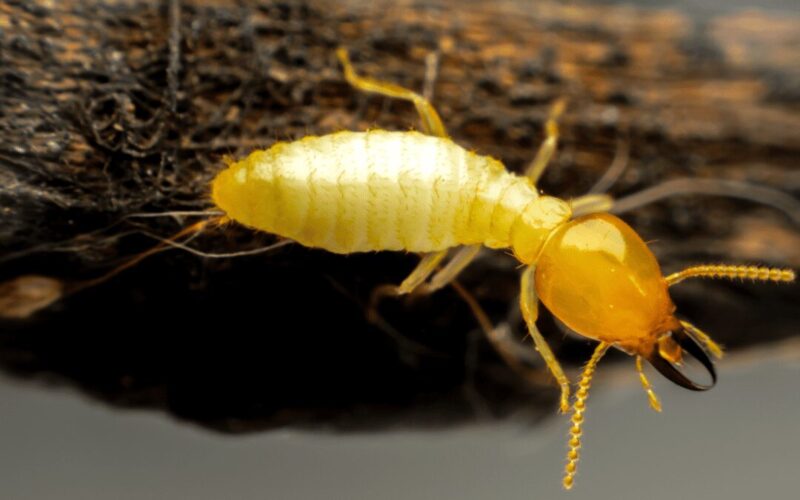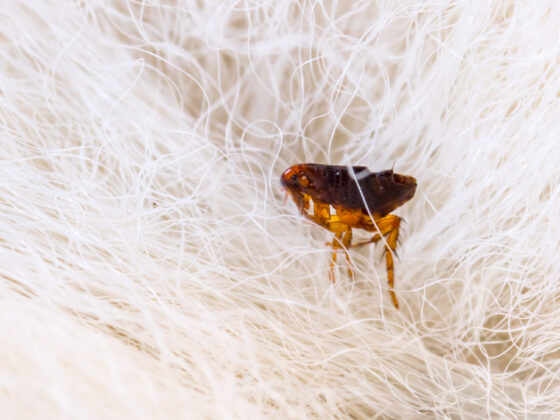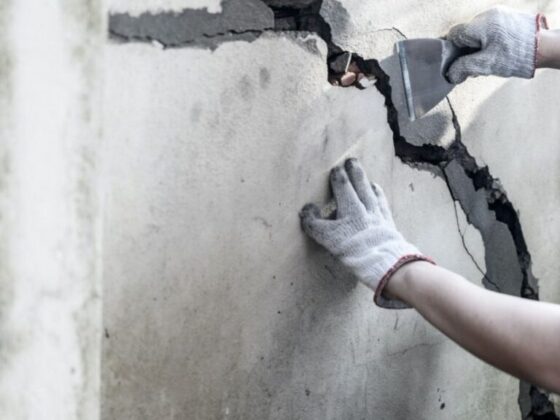Termites are among the most damaging pests a homeowner may encounter. Their capacity to slowly nibble away at timber structures might cause terrible harm, sometimes before you even recognize an issue. Keeping your home secure from termites is crucial for preserving the living area’s structural integrity and security and averting costly repairs. Preventive action against these damaging pests is essential for pest control in Ventura.
Here are the best practices to keep your home termite-free.
Understanding Termites: The Silent Destroyers
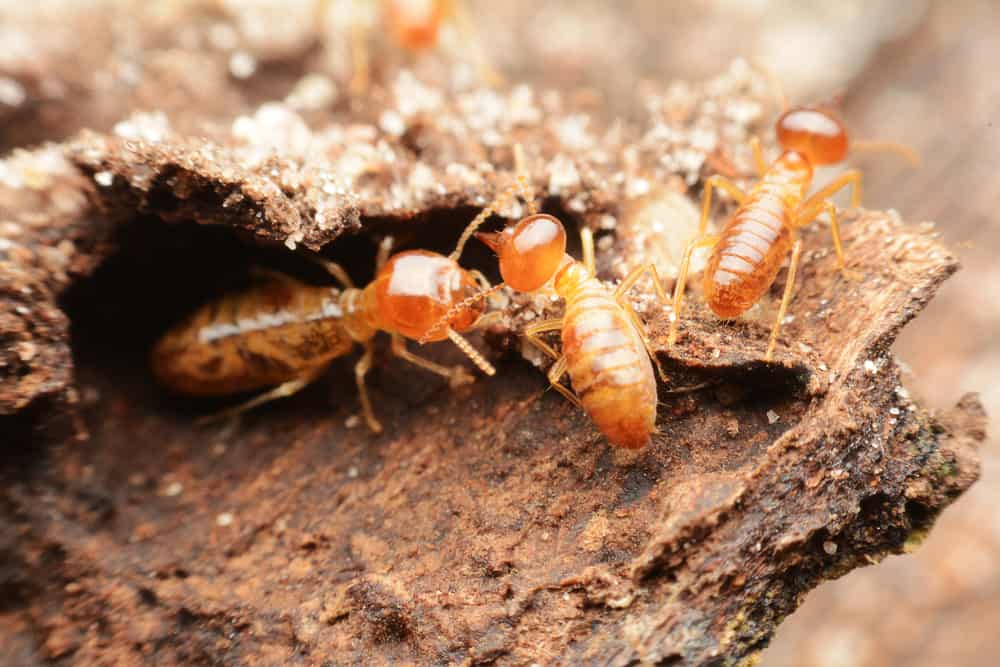
Termites are known as “silent destroyers” because they can do substantial harm without being recognized. These bugs feed on cellulose, the main ingredient in wood, which puts the structural integrity of your house at risk. Although termites come in a variety of forms, the three most prevalent species are damp wood, dry wood, and subterranean termites. Although each variety has a particular environment, they may all cause devastation if left uncontrolled.
Signs of Termite Infestation
Preventing significant damage requires early termite detection. Termite infestations often exhibit the following symptoms:
- Mud Tubes: Subterranean termites construct mud tubes to keep themselves safe from predators and moist while moving from their colony to a food source.
- Wood Damage: Termites consume wood inside, leaving a thin layer of paint or wood veneer. If you tap on a wooden building and it sounds hollow, termites may be present.
- Discarded Wings: Termites lose their wings after swarming. The presence of wing heaps close to doors or window sills is a reliable sign of a nearby colony.
- Frass: Frass is the word for the droppings left by dry wood termites. Termite nests and contaminated wood are common locations for these small pellets.
Prevention Strategies: How to Keep Termites at Bay
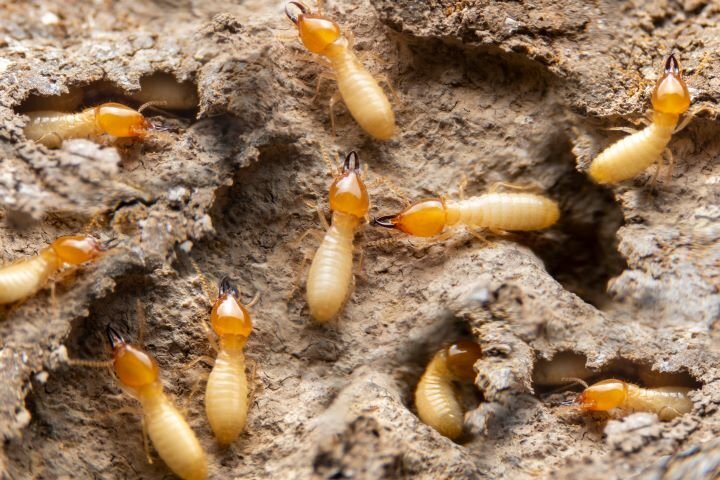
Preventing termites from ever entering your house is the strongest defense against them. The following are some practical termite prevention techniques:
- Eliminate Moisture: Reducing moisture is essential to avoiding termite infestations since termites love damp conditions. In addition to fixing any leaky faucets, air conditioners, or pipes, make sure the foundation of your house is properly drained. Furthermore, guarantee that your gutters and downspouts direct water away from your house.
- Properly Store Firewood: Termites may use firewood as a beacon if kept near your house. Store firewood high off the ground and at least 20 feet from your home. This reduces the possibility that termites may use the woodpile as a point of entry into your house.
- Seal Entry Points: Termites can enter your home through small areas such as gaps around utility wires, cracks in the foundation, and other microscopic openings. Block off these entry sites using a premium sealant to stop termites from scuttling inside.
- Maintain a Barrier Between Wood and Soil: Termites may get into your house through tiny holes like foundation cracks, spaces around utility lines, and other tiny gaps. Use a high-quality sealant to seal off these access points to prevent termites from entering.
- Regular Inspections: Regular termite inspections are essential for early discovery and control. At least once a year, have your house fully inspected by a professional termite inspector. They can recognize any issues before they worsen and provide treatment options.
The Importance of Professional Pest Control
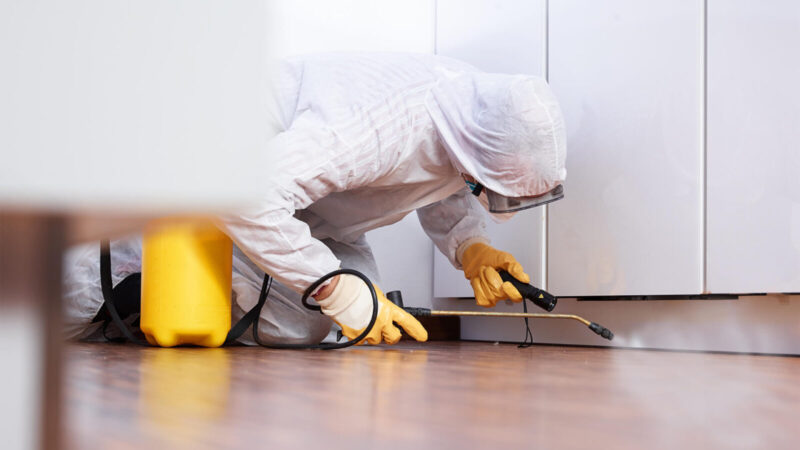
For mild termite infestations, do-it-yourself techniques can work well, but hiring a professional pest control service is usually the best course of action for complete protection. Compared to homeowners, termite specialists are better equipped with the instruments, expertise, and experience to identify and treat infestations. They can also offer continuing monitoring and preventive services to maintain termite-free conditions in your house over time.
Even though termites are tiny, they may have a significant influence. You may protect your house from these damaging pests by being aware of the warning signs of infestation, acting proactively to prevent problems, and calling a professional when necessary. Keep in mind that prevention is always preferable to treatment regarding termites.
